Mortgages are loans used to buy properties, usually homes, or land, or improve a property or other real estate. Lenders offer mortgages with varying terms, interest rates, and payment schedules. The payment period for most lenders is up to 25 years, and they can provide up to 90% financing for the mortgage.
A mortgage has two main components: the Principal and Interest. The principal is the amount of money borrowed from the lender, and the interest is the fee the borrower pays the lender for borrowing that money. The borrower must make monthly payments to the lender, divided between interest and a portion of the principal balance. The purchased property becomes collateral to secure the loan.
There are two main types of mortgages: fixed-rate mortgages and adjustable-rate mortgages. In Zambia, we use the adjustable rate mortgage. Under this mortgage type, the interest rates fluctuate according to the Bank of Zambia monetary policy rate.
Mortgage Options
It is essential to shop around and understand mortgage terms before committing. Consider the following mortgage options to make an informed decision:
1. Outright Purchase
If you’re considering purchasing a completed property, this option is worth considering.
2. Home Improvement Loan
If you’re planning to renovate or extend your current home, this mortgage option is the one to choose.
3. Equity Release
If you need a loan for other investments, you can get a loan against the equity of your current property.
4. Construction Loan
If you have land and need a loan to construct a home, this is the loan option you can consider.
Other less common mortgage options include:
5. Land Loan
This option is for those who have found a piece of land to buy. However, land loans are less common, with only a few lenders offering this loan option.
6. Diaspora Mortgage
If you’re a Zambian living abroad and would like to buy a property in Zambia, this is the loan you should consider.
Loan requirements
Every lender has specific loan requirements, but some are common among most lenders. These include:
– A copy of your ID, such as your NRC or valid passport
– Must be a minimum age of 21 years
– Your bank statements
– An introduction letter from your employer that includes your residential address and specifies whether you are in permanent or contractual employment
– A copy of your title, land record, or occupancy license
– An offer letter, contract of sale, or sale agreement
Please note that this list is not exhaustive. For instance, a few lenders may provide mortgages to those in the informal sector, provided they can demonstrate consistent income.
What will work for you?
Certain factors will determine what will work for you. These factors include the mortgage option, the amount you borrow, the interest rates and terms offered by lenders, your income and credit record, and other expenses such as taxes and insurance. These factors can help you decide which mortgage option is right for you.
Interest Rates
Interest rates refer to the percentage of the loan amount a lender charges a borrower as interest. Mortgage rates, on the other hand, are the rates of interest that lenders charge on a mortgage. In Zambia, in September 2023, the lending rate stood at 25.85% per annum, as per data from CEIC.
Subsequently, in its November 2023 Monetary Policy Rate statement, The Bank of Zambia, the country’s central bank, increased the key interest rate by twenty-five basis points to 11%, as reported by BOZ. Such policy adjustments impact mortgage rates. Any upward adjustments mean that mortgages become less affordable, and any downward adjustments make them more affordable.
Mortgage rates vary from lender to lender, and lenders have since adjusted their mortgage rates to reflect the new interest rate.
Impact of Mortgage Rates on Real Estate
An increase in mortgage rates can result in a decrease in demand for property purchases. Mortgages become less affordable, which leads to fewer buyers in the market. As a result, property sellers may have to lower their prices to attract buyers.
Conversely, a mortgage rate decrease can lead to increased demand for property purchases. Mortgages become more affordable, which leads to an increase in the number of buyers in the market. As a result, property prices may increase due to the increased demand for homes.
Additionally, demand decreases for rental properties as the demand for property purchases increases; this leads to a subsequent decrease in rent. A decrease in demand for property purchases may lead to an increase in demand for rental properties, leading to a rent increase.


